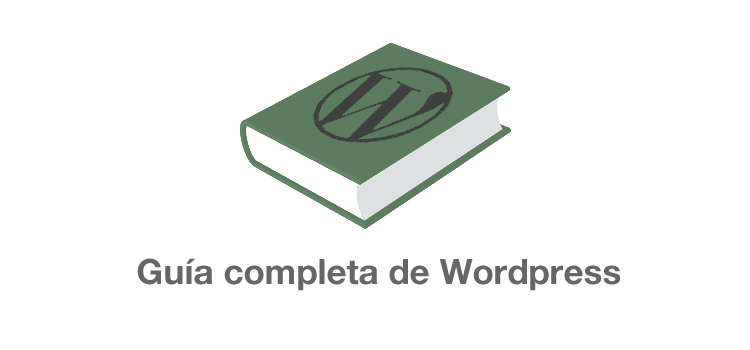Disponible una guía completa de WordPress 7 April 2017

Ya está disponible la guía completa de WordPress. Esta guía es la principal referencia de uso de este gestor de contenido.
Con ella aprenderás los conceptos básicos de WordPress y a realizar todas las gestiones posibles en referencia a sus contenidos.
Estos es un resumen de los aspectos que cubre la guía:
- Conocer la filosofía de funcionamiento de WordPress.
- Conocer los variados tipos de contenidos que se pueden gestionar.
- Conocer la función de cada tipo de contenido.
- Conocer las diferencias entre los distintos tipos de contenido.
- Conocer la gestión de cada tipo de contenido.
- Edición, altas, bajas.
- Privacidad/Visibilidad de los contenidos
- Aprender a configurar los parámetros de un sitio WordPress.
- Aprender a estructurar los contenidos a través del menús.
- Aprender a configurar y estructurar los bloques funcionales: los widgets.
- Aprender a utilizar los plugins que aportan nuevas funcionalidades al sitio.
- Carpeta de medios.
- Multilenguaje.
- Formularios.
Os recordamos que todas las cuestiones que se estudian en esta guía también están plasmadas en los varios tutoriales disponibles en la web en esta sección.

